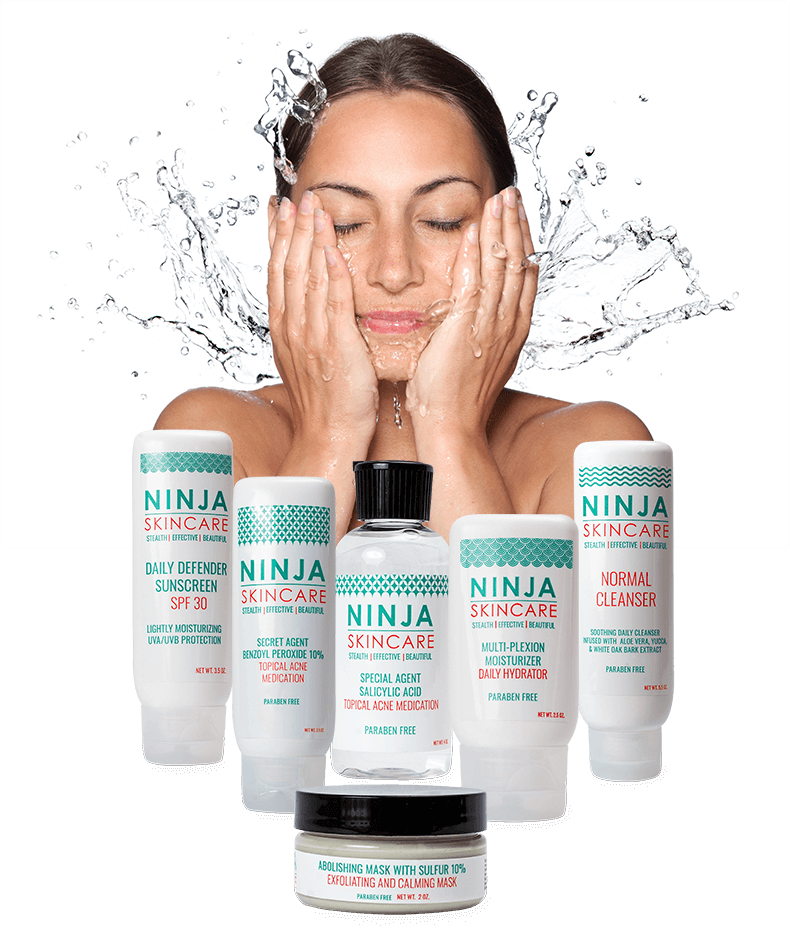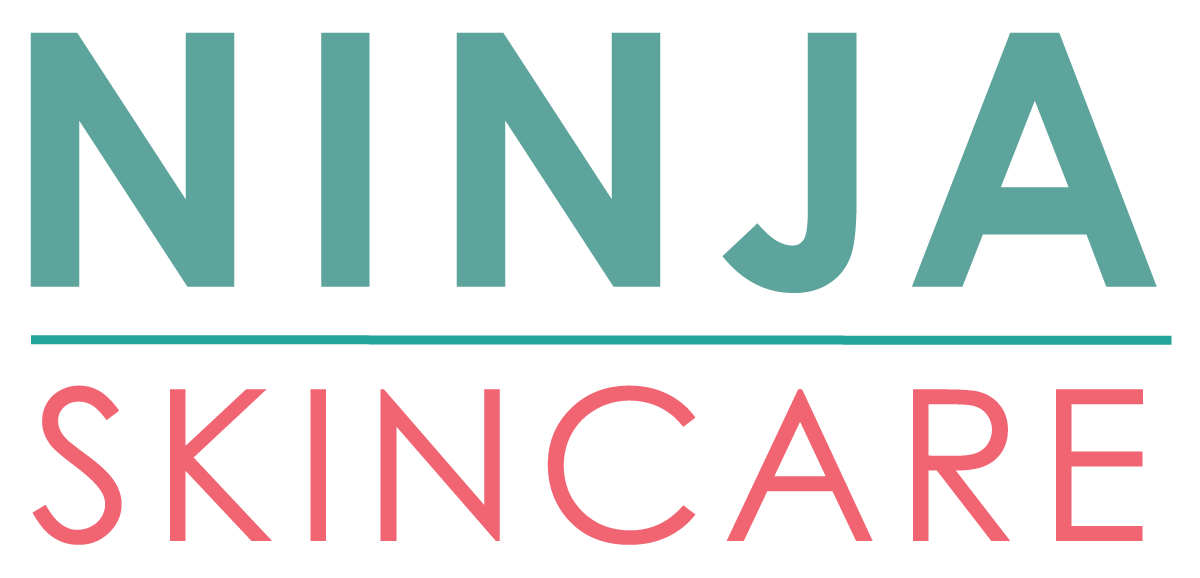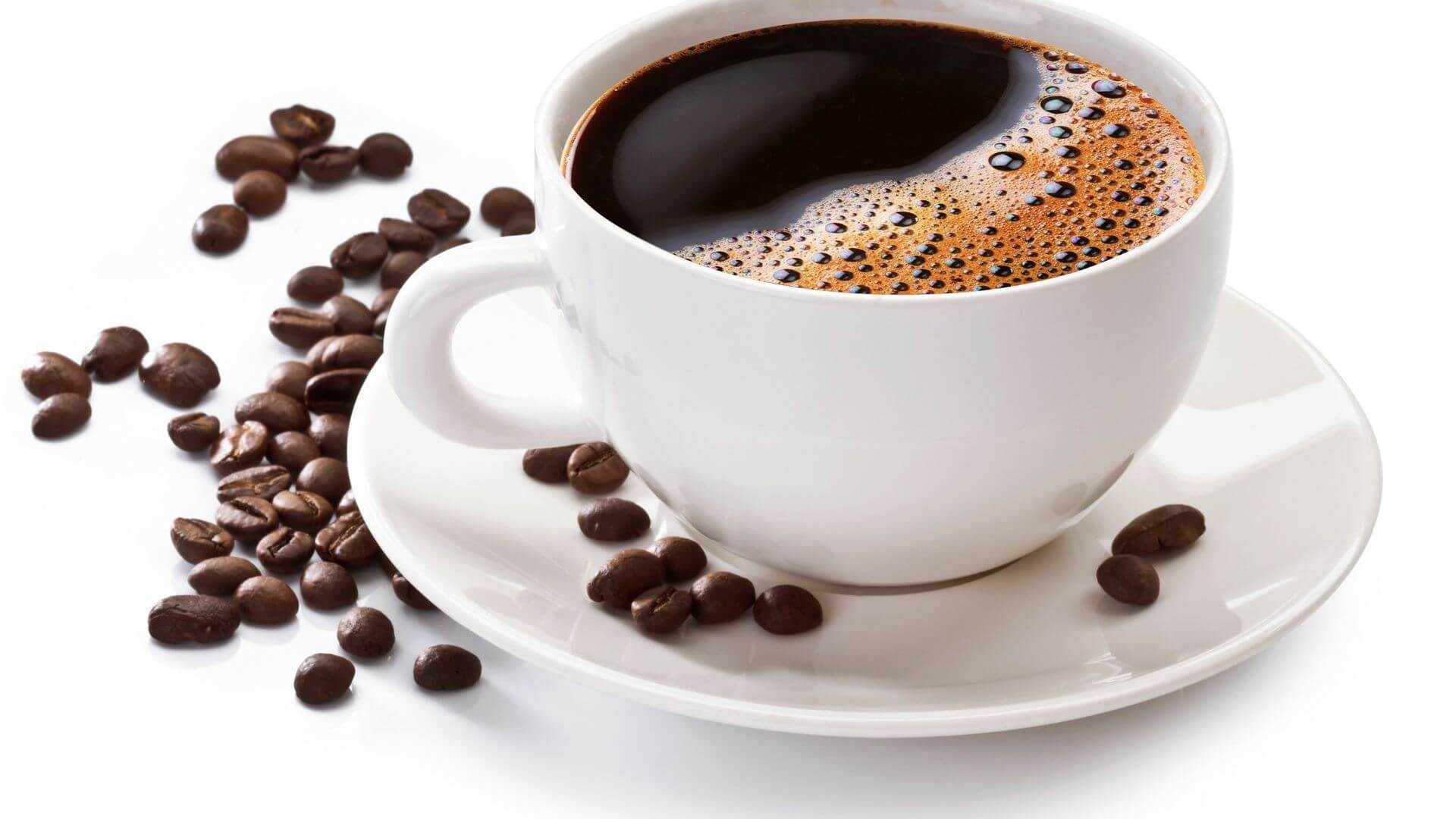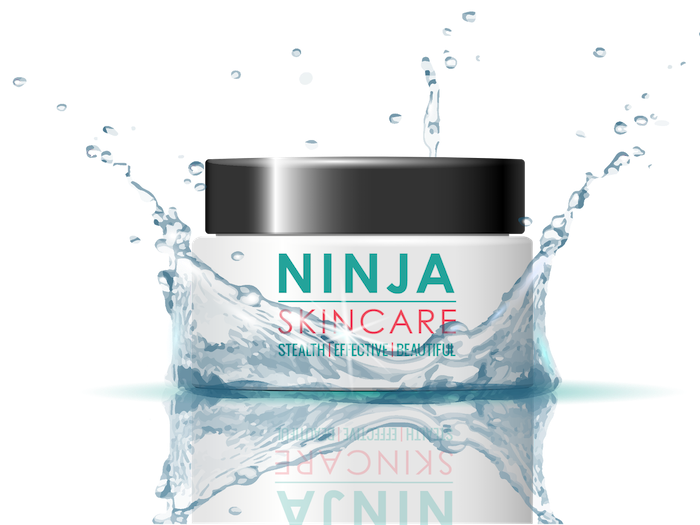Does drinking coffee cause acne?
March 9, 2017
How does coffee cause acne?
There’s no question lifestyle choices affect acne. Most have heard they should cut out processed foods (a super fantastic healthy idea), drink more water and get plenty of sleep. Or they’ve been told the cruel and unfounded myth that chocolate causing acne. There are the obvious ‘no-brainer’ lifestyle choices like smoking (yes! You should quit!), drinking too much alcohol and out-of-control stress. But there are also the more subtle daily choices we make that don’t top the list of acne aggravators, such as coffee. So how does coffee contribute to acne or in fact, does coffee contribute to acne at all?
First, let’s talk about coffee itself. It is an incredibly complex mix of chemical compounds – over 1,100! That is more than wine and chocolate… combined! Of course the most well known and beloved components in coffee is caffeine, but there are loads of antioxidants in coffee as well as other stuff you might not have even heard of before, like quinides, lignans,and Chlorogenic acid.
“Perks” of coffee
Let’s start with the positive news.
Yes, there are the obvious “perks” people get from coffee. The caffeine in coffee is a natural stimulant, which wakes your senses, and wakes you up! There have been studies done which have shown that people who drink coffee have more athletic successes, a lower risk for Type 2 Diabetes (because it can help regulate your blood sugar levels), less cognitive decline with aging and many other positive side effects.
But there are definite drawbacks and adverse side effects from drinking coffee as well.
Increased Stress
One of the worst things that coffee does for acne-prone skin is that it massively increases the body’s stress hormones by triggering “hyperadrenalism”. When your body goes into hyperadrenalism mode, your adrenal glands start pumping out extra stress hormones. In fact, studies have shown that when a coffee drinker is exposed to a stressful event, his/her levels of cortisol is 211% HIGHER than a non-coffee drinker. And the epinephrine levels were 233% higher! So essentially, by drinking coffee, you experience stress twice as much as a non-coffee drinker!
But what does all this mean when it comes to acne? Most acne suffers know that stress has a huge affect on your skin. Here at Ninja, we always want to get down to the nitty gritty of what are our client’s stress levels and what we can do to bring them down. Why is that? Well the same stress hormones that get shot out of your adrenal glands during stressful periods also have been proven to trigger acne because they make the body produce excess insulin. Extra insulin causes acne in three ways:
- It makes your body make extra sebum/oil.
- It triggers the production of additional skin cells, which are the root cause of acne.
- It increases your body’s inflammation levels, which causes acne to be painful and inflamed.
On top of all of this… it gets worse. Cortisol (the stress hormone) depresses your immune system, which means that it becomes even more difficult to fight off the bacteria in your hair follicles that multiply and make your acne breakouts even more swollen and more painful! So does coffee cause acne? Yes, it does in this way and unfortunately, many more below!
Insulin Resistence
There are studies that have shown that coffee drinkers become resistant to insulin, making ingested carbohydrates more difficult for your body to process. Due to this, your body’s natural insulin levels stay at an elevated level for up to a week after drinking coffee. This elevated insulin level does a lot to your body’s natural rhythm. Firstly, and not related to acne, it can cause weight gain depending on how many carbohydrates you consumer regularly. Secondly and more focused on acne-prone people, it causes the same three things listed above – a higher level of oil products, the production of additional skin cells and higher inflammation levels. So same results as above but for slightly different reasons.
Net net – coffee affects your body’s insulin production and ability to maintain its natural insulin levels, in in turn can cause increased and more severe acne breakouts.
Milk and Sugar “Compliments”
There are a lot of conflicting reports and rumors about dairy and acne. While we are not an advocate of adults eating dairy, especially nonhuman dairy, we do not think it ever comes through the skin and makes acne worse.
What we can agree on is that most dairy products are tainted with additional hormones, pesticides, herbicides – that’s why we always advocate for people eating organic everything. No need to pollute our bodies anymore than they are having to deal with now.
We also believe that dairy intolerance is extremely prolific for all humans, so of course cutting out a food source that causes irritable bowel, inflammation, and irritation throughout our bodies never hurts our overall health – thus it will show up on your skin.
Sugar is another story, however. Of this we are certain. Sugar is no good. For your body, for your skin. It creates an instantaneous blood sugar spike, increasing the inflammation, redness and pain of your acne, depressing your immune system and increasing your body’s natural oil production.
So if you have to have coffee, and you are desperate for it, the best thing you can do is to drink it completely black. But yikes! That is tough, not to mention there is still a lot of bad stuff, even if you omit the cream and sugar!
Increased sweet cravings
What is interesting to us is how everything is so inter-related. So like we said above, drinking coffee increases stress hormones, which in and of itself is a bad thing for acne-prone people. But what stress hormones also do, in addition to stimulating skin cell production, oil production and inflammation, is increase the body’s natural craving for sugar, carbohydrates and high calorie foods. Which as we said above, creates the insulin spikes which eventually lead to acne breakouts.
For the perpetual coffee drinkers, the ones that can’t wake up without a cuppa’ joe, what the means is that it becomes very difficult to say no when the sugar temptation strikes. And those sugar temptations are generally a big combination of big bad acne triggers like sugar, gluten and dairy.
So do you have big goals of ditching sugar in your diet? Ditch coffee first and then ridding your diet of sugar will be that much easier. Your skin will thank you for it.
Decreases Mineral Absorption
Did you know that acne is exacerbated by mineral deficiencies within the body? Minerals like zinc, selium and iron are extremely helpful in the fight against acne. Zinc has been proven to decrease the body’s natural oil production and protect the body against infection and inflammation. In fact, it is so helpful that some acne sufferers will take zinc oral supplements to help their skin.
That said, unfortunately for acne sufferers who love themselves a cuppa joe, coffee can inhibit the body’s natural ability to process minerals that are in the food that we eat. One study even showed that having a cup of coffee with a meal can decrease the absorption by 72%… that is a lot! So does coffee cause acne? Well it doesn’t seem to be helping it much, does it?
Dysbiosis
This is a weird one. With a weird name. But there is something called dysbiosis which is essentially an imbalance of gut flora in your body, most generally in your gastrointestinal tract. This can be caused by a couple of different things but one of the main causes of dysbiosis is dietary. And due to the high acidity in coffee, it has been shown that coffee drinkers are more prone to having dysbiosis.
So what does dysbiosis due? Well it kills the gut flora making the absorption of nutrients in food difficult. And as you likely know, the entire point of consuming food is for its nutrients. If your body isn’t getting the nutrients it needs, it reacts. You will experience higher rates of inflammation and … you got it, acne.
Mycotoxins
These days everyone is concerned about chemicals on the food that they eat. Organic foods are bigger than ever. But less well known are the naturally occurring toxins that can be found on contaminated foods. This is a pretty complex issue. Let’s break it down.
There are 3 types of fungi in this world – mushrooms, bacteria and mold. Mushrooms we know can either be exquisite or lethal and bacteria and mold are no different. Mold is interesting because generally speaking, it is a bad thing for people’s health. But there is an element of it that most people don’t realize – mold has mycotoxins in it. What mycotoxins can do, and this is the positive side of mold, is kill bacteria. Thus, for hundreds of years mycotoxins have been harnessed for the good of mankind – using it in medicines to help ward off illnesses. Penicillin is a good example of how mycotoxins have been used. So one could argue that this pesky little part of mold has actually saved hundreds of thousands of lives!
HOWEVER, mycotoxins have a bad side too. When ingested in their natural form, they can be deadly to humans and cause all sorts of havoc in your body. They can suppress your immune system making acne get WORSE because your body can’t naturally fight it off, they can increase estrogen levels, kicking your sex hormones all out of whack and… you got it, worsen acne.
Not totally regarding acne but mycotoxins cause a whole lot more than bad skin. They have been shown to lead to kidney failure, cancer and Alzheimer’s. All in all – some bad stuff.
So what do mycotoxins have to do with my beloved coffee, you might ask. Well, sadly mycotoxins are found in high quantities in cheap coffee – think your cheap instant coffee, cheaper brands etc. It is a mold, after all, that grows on the beans and unless the coffee is high quality, there is a high likelihood that you are ingesting at least a little bit of this nasty stuff, even though yes, the FDA regulates it and is on the lookout, it is not always caught.
The takeaway from this? Better to get off coffee entirely when combined with the other reasons above but if you ARE going to drink it, remember – you get what you pay for. Sometimes the higher priced option is actually worth it!
And finally … the caffeine
You knew it was coming, right? This might be everyone’s go to answer to the question, “Does coffee cause acne?” but as you can see, there are many other reasons why coffee is bad for acne. That said, this might be the most obvious.
As we stated above, drinking coffee can cause more stress on the body by pumping out more stress hormones. Well, the number one way to decrease your body’s stress, the number one, natural mechanism that our body has to fight off daily stress is SLEEP. Heavy coffee drinkers will find that their natural sleep patterns are disrupted by coffee consumption, resulting in their body’s inability to diminish stress naturally.
Additionally, for chronic coffee drinkers, their natural cortisol levels (a steroid hormones which is produced in your adrenal glands) get out of whack. Cortisol is the body’s way of naturally waking itself up. But by drinking coffee chronically, your body’s natural hormone production gets confused and so, in order to boost cortisol levels, coffee drinkers do actually NEED to drink coffee to help them wake up, because it is an unnatural way to boost those levels back up to where they should be. This is bad because increased levels of cortisol can cause your adrenal glands to produce more oil, which in turn can cause acne.
In closing
We know this was an incredibly long post and even more incredibly, we feel like we could have added much much more. We restrained ourselves! But when our clients ask “Does coffee cause acne”, we have to groan a little because it is such a loaded question and inevitably, an answer that people are not expecting. While you can absolutely opt for caffeine free coffee as a better substitute to the fully loaded version, you should understand that there are other elements of coffee outside of caffeine that may cause and exacerbate existing acne conditions.
Maybe stick to water? 🙂



 Get a ZERO obligation consultation with an acne-fighting Ninja!
Get a ZERO obligation consultation with an acne-fighting Ninja!
